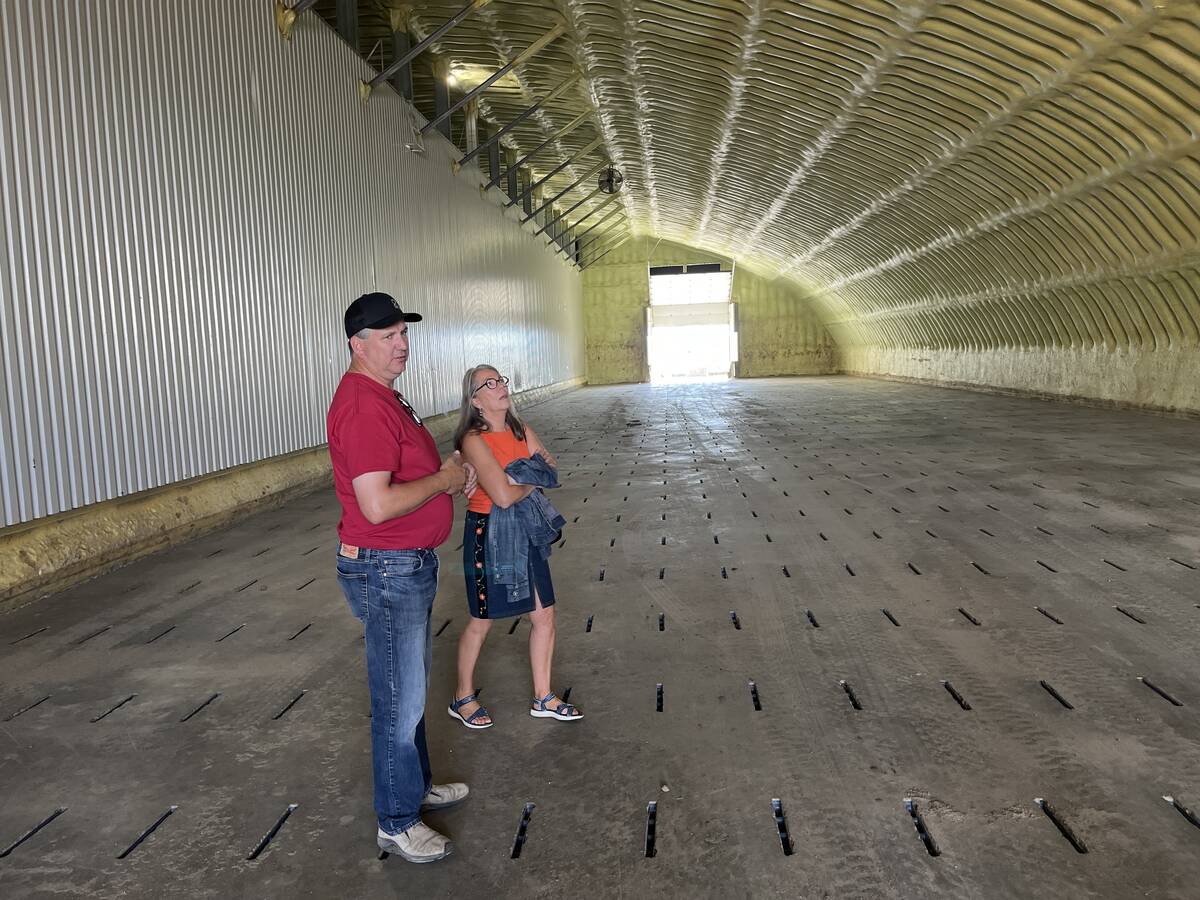A record amount of venture capital money flowed into agrifood technology companies around the world in 2017.
Investors spent US$10.1 billion on the sector, up 29 percent from the previous year, according to a report by AgFunder, an online venture capital platform.
The company tracks investment in start-up businesses in the agrifood industry, which remains the least digitized of all the major industries despite mounting investment in agrifood technology.
The number of investments in 2017 dropped by 17 percent to 994 but the dollar value of the deals went up.
Read Also

Potato farm requires year-round management
The most recent Open Farm Day in Alberta showcased agricultural producers across the province educating the general public about the process that is required is to get food to their table.
“We’re seeing a lot more later-stage investment,” said Michael Dean, AgFunder cofounder.
Investment in agrifood tech has risen steadily since AgFunder started tracking it in 2013. Total investment that year was $3 billion.
Dean said the industry is attracting more attention from venture capital firms. Japan’s SoftBank, the world’s largest venture capital firm, invested $200 million in a California company called Plenty in 2017.
It was akin to a Silicone Valley tech investment because Plenty, which is an indoor farming company, hasn’t yet generated any revenue. The investment was made on the future prospects of the business.
“That was really the first time that we’ve seen such an example in the ag tech world,” said Dean.
There were also a couple of exits from the sector, something that hadn’t happened since Monsanto acquired the Climate Corporation for $1 billion in 2013.
John Deere bought robotics startup Blue River Technology for $305 million and DowDuPont acquired farm management software platform Granular for $300 million.
Large agribusiness companies that had been preoccupied with consolidation now have the time and money to turn their attention to acquiring startups.
Agrifood startups raised funding in 59 countries around the world. The U.S. accounted for 45 percent of the investment activity but there is an increasing amount of deals taking place in other countries like Canada, Argentina, Brazil, Australia and Ireland.
Dean said one worrisome trend is that funding of seed stage companies fell 29 percent from 2016 levels. He said that doesn’t bode well for the future because it is hard to get late-stage companies if they don’t get early-stage investment.
Some of the investment categories that are really taking off are microbials, midstream technologies such as traceability tools, agribusiness marketplaces like Farmers Business Network and novel farming systems like Plenty.
Categories that dropped included agricultural biotechnology and bioenergy and biomaterials.
Dean said investment in biotechnology tends to bounce around from year to year, but the bioenergy and biomaterials category slumped when oil prices tanked in 2008.

















